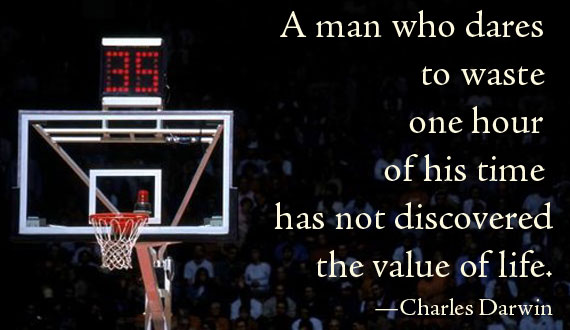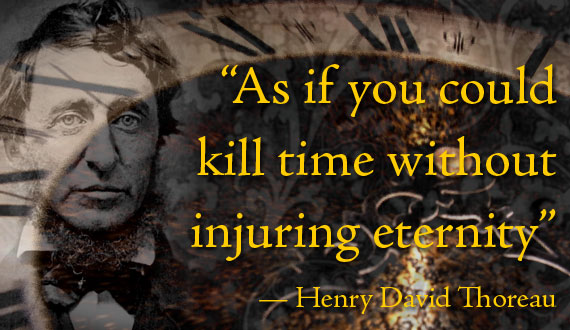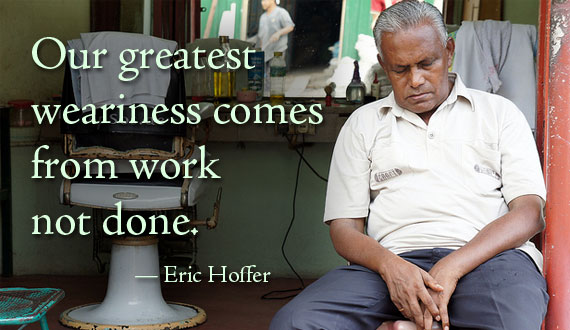I only write when inspiration strikes. Fortunately it strikes at nine every morning. — William Faulkner
I’m not new to blogging, having started my first blog in 2012 and writing on and off on various blogs since then. My writing has always followed a specific pattern: think of a topic, make note of that topic, and then—when I feel inspired to do so—sit down and write about it (or sit down and feel guilty about not writing).
The results of this approach are predictable: I haven’t written anything on the Bike to Work blog in a year.
This sucks, of course, but what to do?
This week, Chase Jarvis aired an interview during which Seth Godin made a remarkable statement:
Blog publicly everyday; it will change you in two weeks.
I love definite statements like this that promise a specific result for doing a specific thing for a specific period of time. This is a statement that is verifiable and the timeframe is short; I can do anything for two weeks and I am always looking for change.
So, beginning today, May 11 and continuing through May 27 I will blog daily (except for Sunday) on this site. I order to set myself up for success, I am imposing no minimum word count and I am giving myself only an hour to write each day and that hour will be before the beginning of the workday so that I can’t be overwhelmed.
With this lack of constraints, I don’t expect quality, but that wasn’t part of Seth Godin’s claim. If any posts strike me as being good or interesting, I’ll mention it on social and/or Linkedin.








